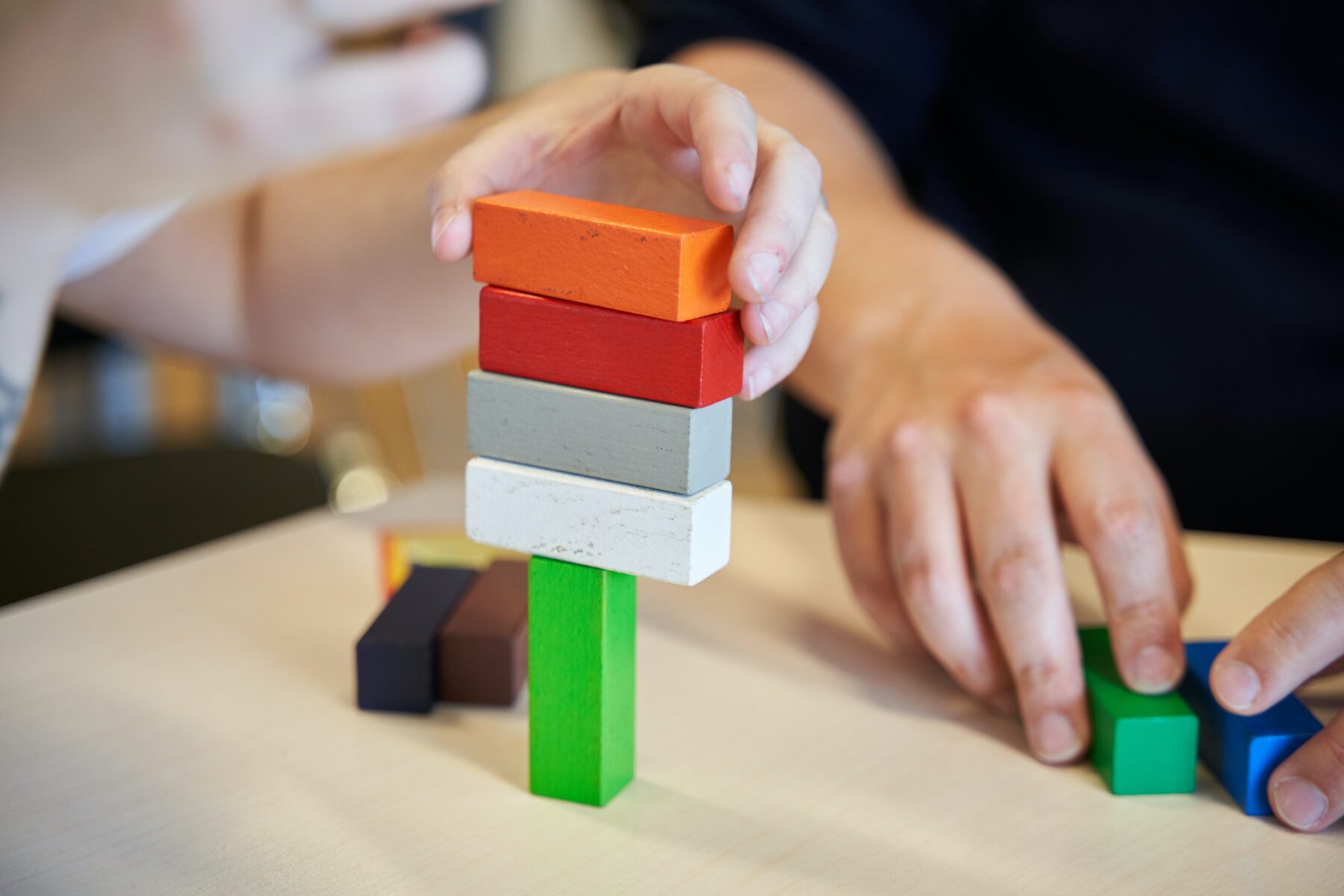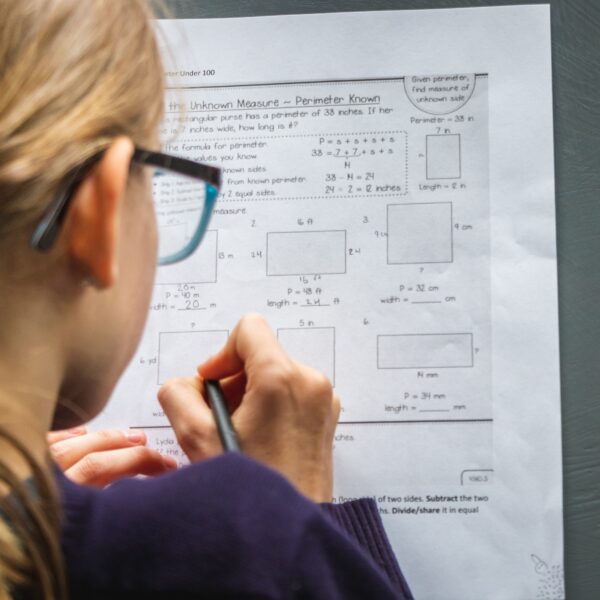How this oppressive test is killing the magic of childhood
opinion
The views expressed by contributors are their own and not the view of The Sector.

NAPLAN is taking the fun out of early childhood learning. Early childhood learning encompasses education for children from birth to eight years of age and it is widely known that play-based programs planned with intentionality are the best way for teachers to engage young children in learning. Unfortunately, a focus on NAPLAN scores has resulted in many schools paying more attention to literacy and numeracy programs for children in primary school to perform better in tests in Years 3 and 5. This is impacting on the learning engagement of children in the earlier years.
Research over decades has shown that play is how young children learn. Through interacting with their environment and their peers, children are making sense of the world and their place in it. These ideals are reflected in the Early Years Learning Framework for Australia that sets out what children aged up to five should be engaging with: “Play-based learning with intentionality can expand children’s thinking and enhance their desire to know and to learn, promoting positive dispositions towards learning” (p.21). The Early Years Learning Framework document applies for all children in the early years of school across Australia, yet the focus on Literacy and Numeracy is narrowing the curriculum and taking away the opportunities for children and teachers to engage in play-based learning.
Although NAPLAN does not happen until Year 3, when children are about 8 years old, it has been identified that teachers in the lower grades are being asked to teach Literacy and Numeracy in more formal ways. The concentrated focus on these two subject areas has led to an increase in the use of whole school commercial programs, some of which are specifically scripted. This practice reduces the autonomy of teachers to make decisions about their teaching based not only on their training but their knowledge of the children in their class. This raises concerns for the teacher and their practice, as well as the engagement of the children through more formalised learning practices earlier in their school experience.
With the publishing of results on the MySchool website and other unintended consequences of the standardised tests, including principal’s performance in some states being measured by these results, NAPLAN has become high stakes. For school leaders, there is pressure to do well, and this is being transferred to teachers and sometimes children and their families which may negatively impact on wellbeing. Even in schools where children traditionally perform well and there are programs focusing on wellbeing, some children are still feeling stressed about doing the tests and what the results will mean for them. This pressure is leading to children doing more formalised learning in literacy and numeracy from an earlier age and ‘play’ is often relegated to Friday afternoons if all other tasks are completed.
Play, or more specifically play-based learning, is often misunderstood within education, despite the evidence of its value. Play is often situated at one end of a continuum with learning at the other when in fact, intentional teachers can implement programs across this continuum to engage children in learning across multiple and integrated subject areas. When children are enjoying their learning through the play, they are often unaware that they are learning science, mathematics, and engineering in the block corner; or geography, history, and science when they are exploring gardening, including investigating how it was done by their grandparents.
Teachers who do not understand play and play-based learning approaches may be uncomfortable with the reduced control that comes through children learning in this way. Research conducted in both the science and technology domains, however, have shown that children often are more engaged and learn more than expected when they are interested in the learning and it is happening in a way that is authentic to their experience. Not only are the children in these research projects learning specific content, but they are also learning Literacy and Numeracy when they plan explorations, calculate results, represent findings, and use technology to create, research, record and share information. The multi-modal options that play facilitates, ensures that all children can feel a sense of accomplishment and can learn from their peers as well as their teacher.
Children do need to be literate and numerate, but NAPLAN scores are not showing improvement despite the increased focus on these two specific learning areas over recent years. At the same time, children are becoming increasingly anxious and disengaged from school from an earlier age. Research in early childhood continues to identify that children engage with and learn through play-based approaches, and through the intentionality of the planning, teachers have autonomy over their programs to suit the needs of the children in their classroom. Perhaps it is time that the fun is brought back to classrooms, not only for children under five but for all children in schools, so that they can engage and enjoy their learning. Engaged children may be less likely to resort to negative behaviour to gain attention, and a reduction in the use of prescribed programs and a little more fun may also help teachers feel valued for their knowledge and expertise. The potential is there for broader approaches and happier children and teachers through increased fun, perhaps helping to bring some teachers back to the workforce – a win all around!
Pauline is a senior lecturer in the Early Childhood program at ECU. Her teaching and research are focused on a range of issues in early childhood education including assessment, curriculum, workforce and reflective practice.
This article was originally published on EduResearch Matters. Read the original article.
Popular

Practice
Provider
Quality
Research
Workforce
New activity booklet supports everyday conversations to keep children safe
2025-07-10 09:00:16
by Fiona Alston

Quality
Practice
Provider
Research
Workforce
Honouring the quiet magic of early childhood
2025-07-11 09:15:00
by Fiona Alston

Quality
Practice
Provider
Workforce
Reclaiming Joy: Why connection, curiosity and care still matter in early childhood education
2025-07-09 10:00:07
by Fiona Alston












